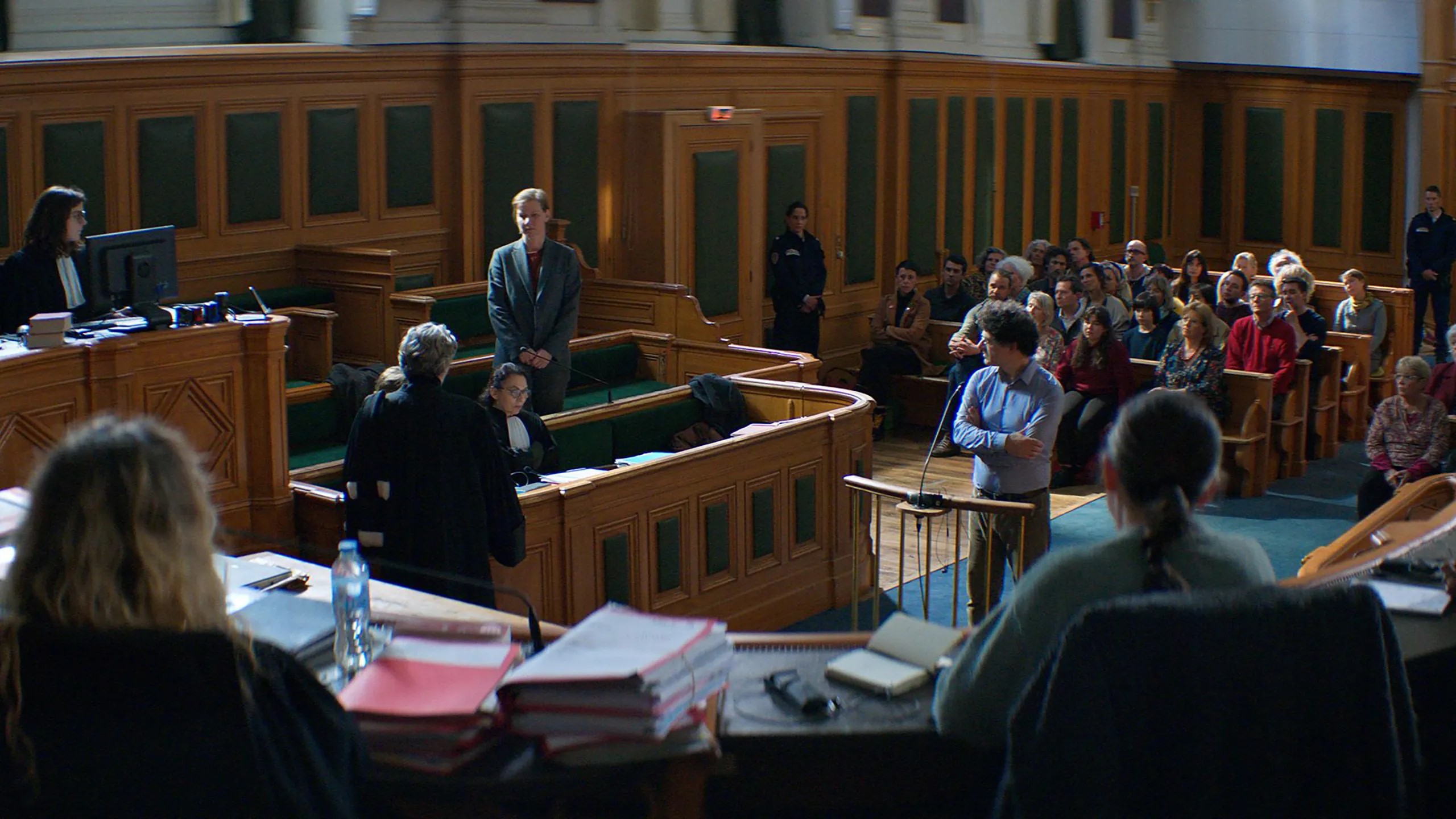

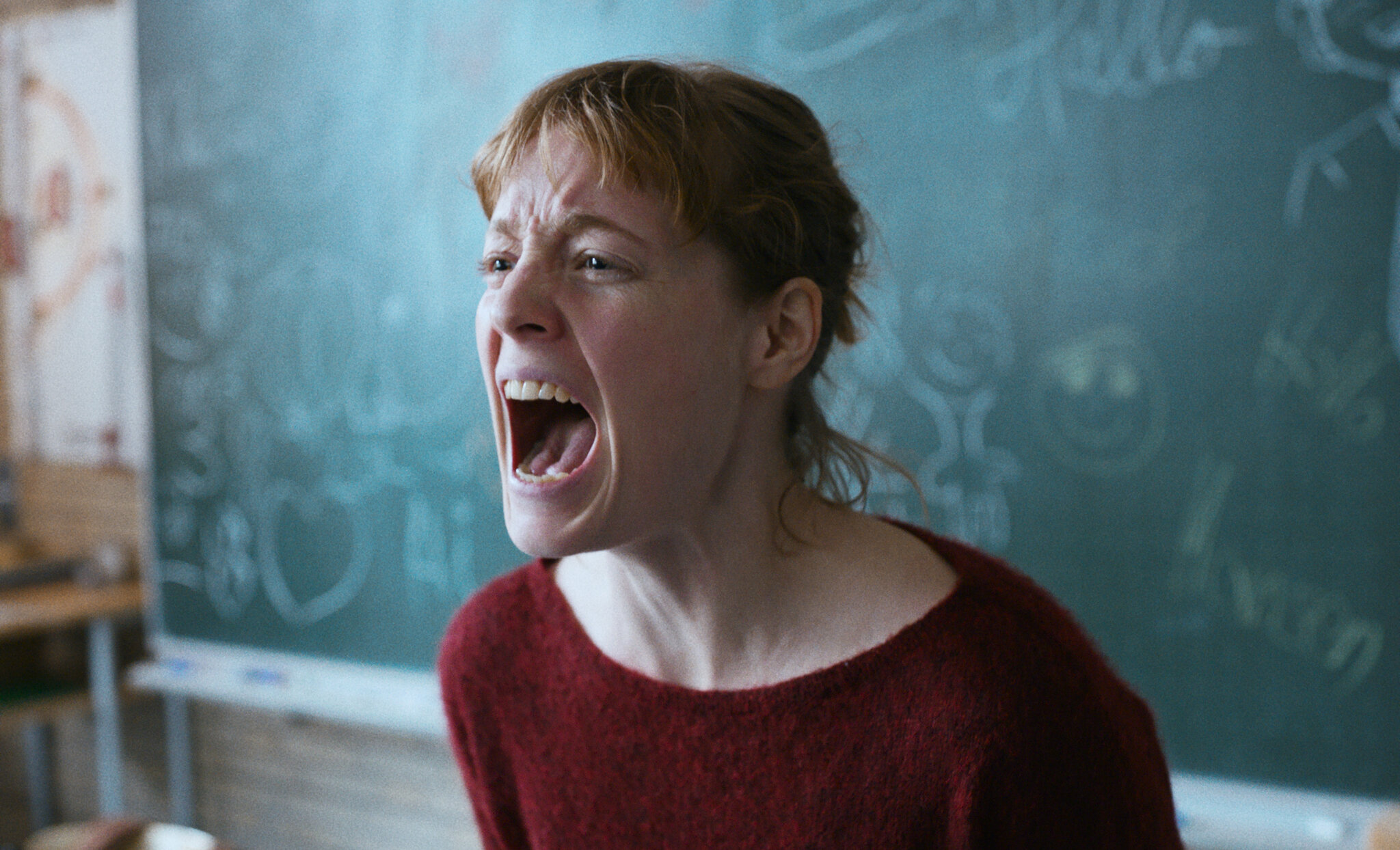
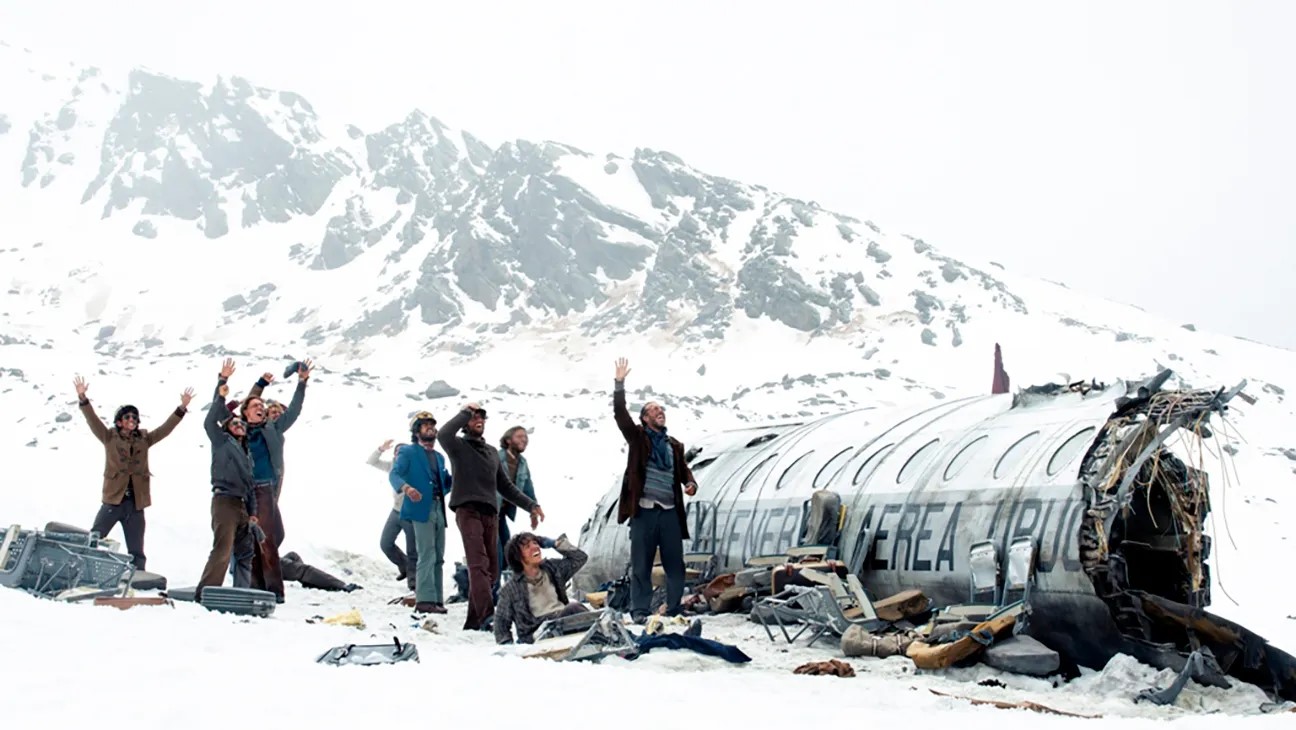

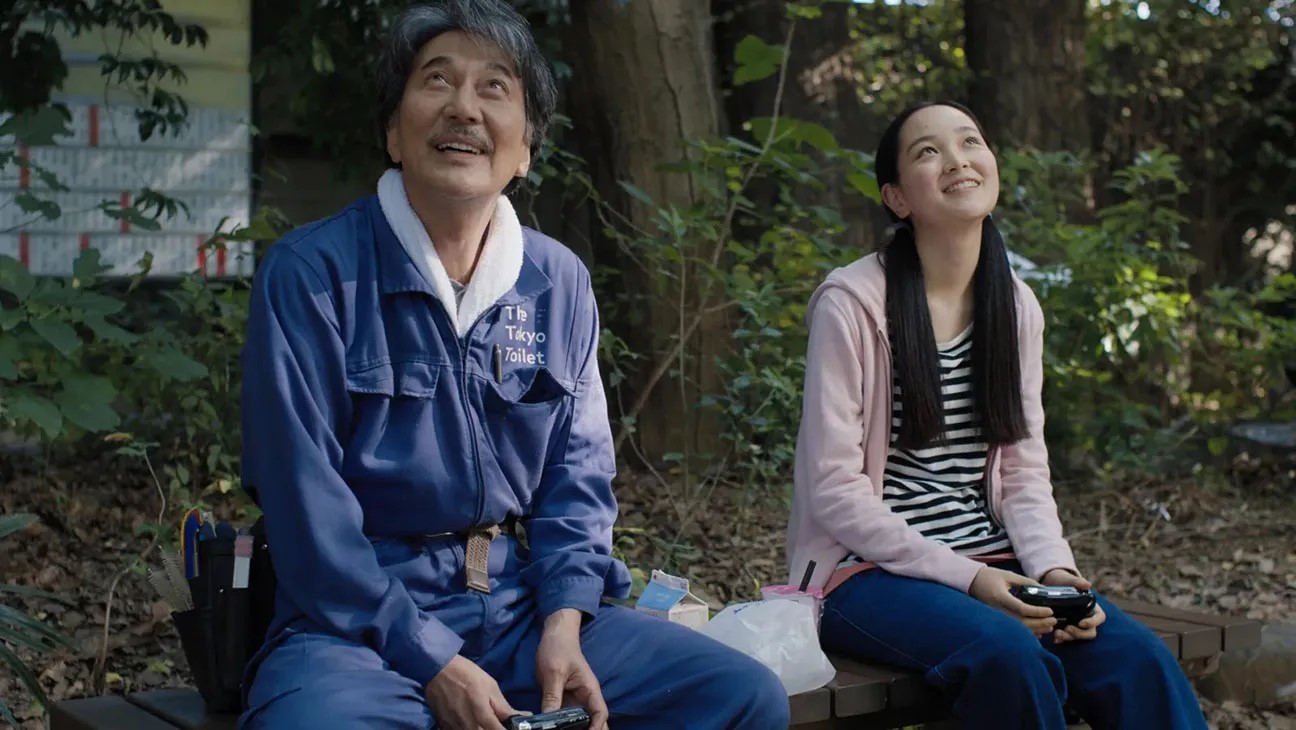


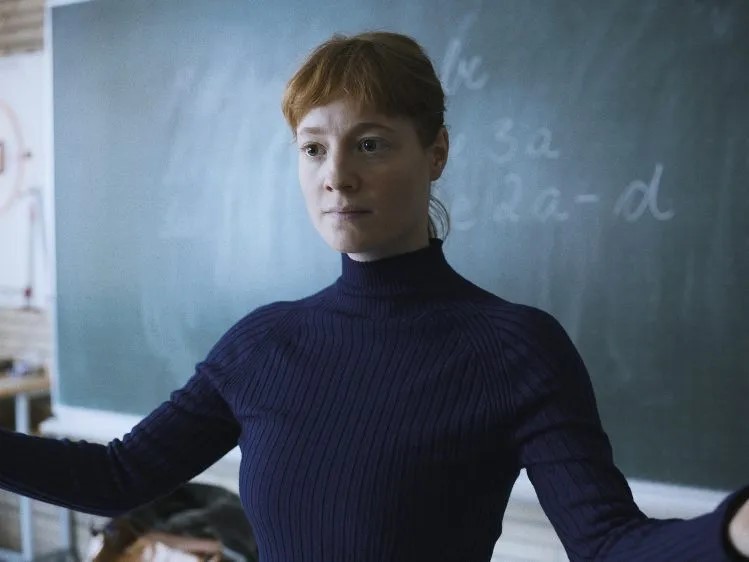
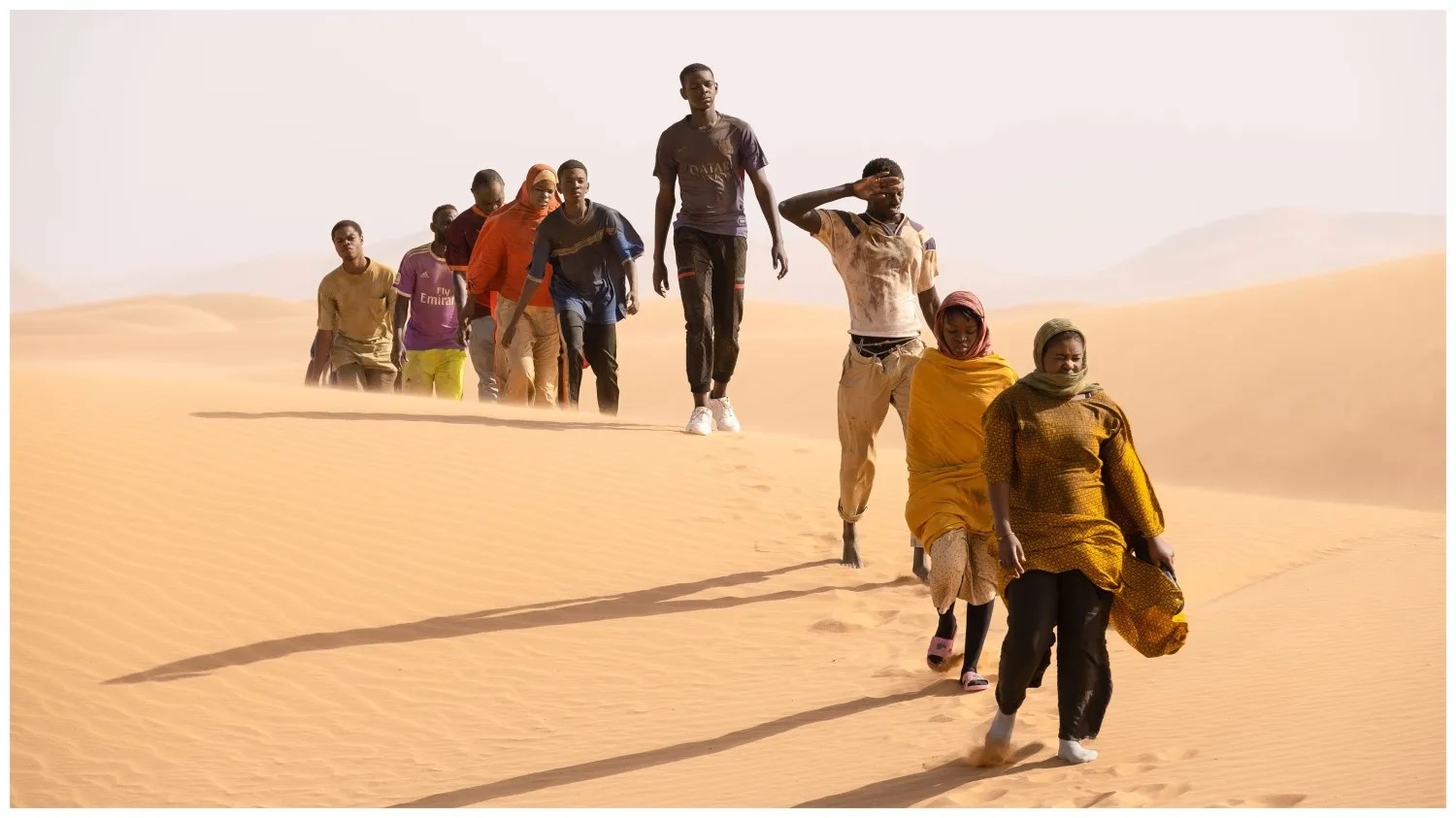
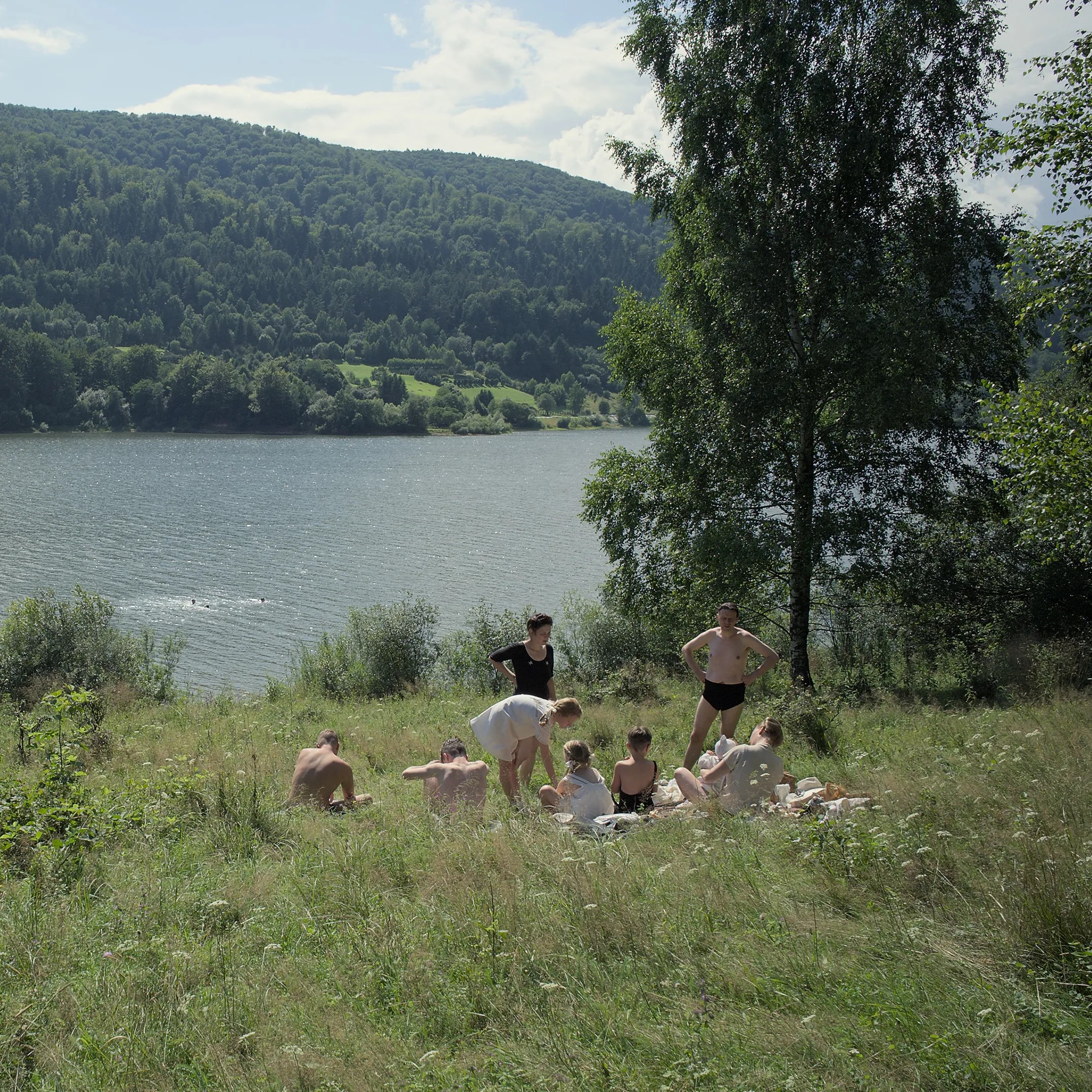
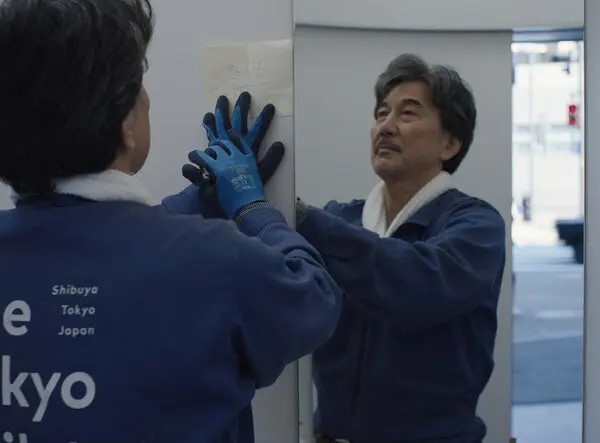



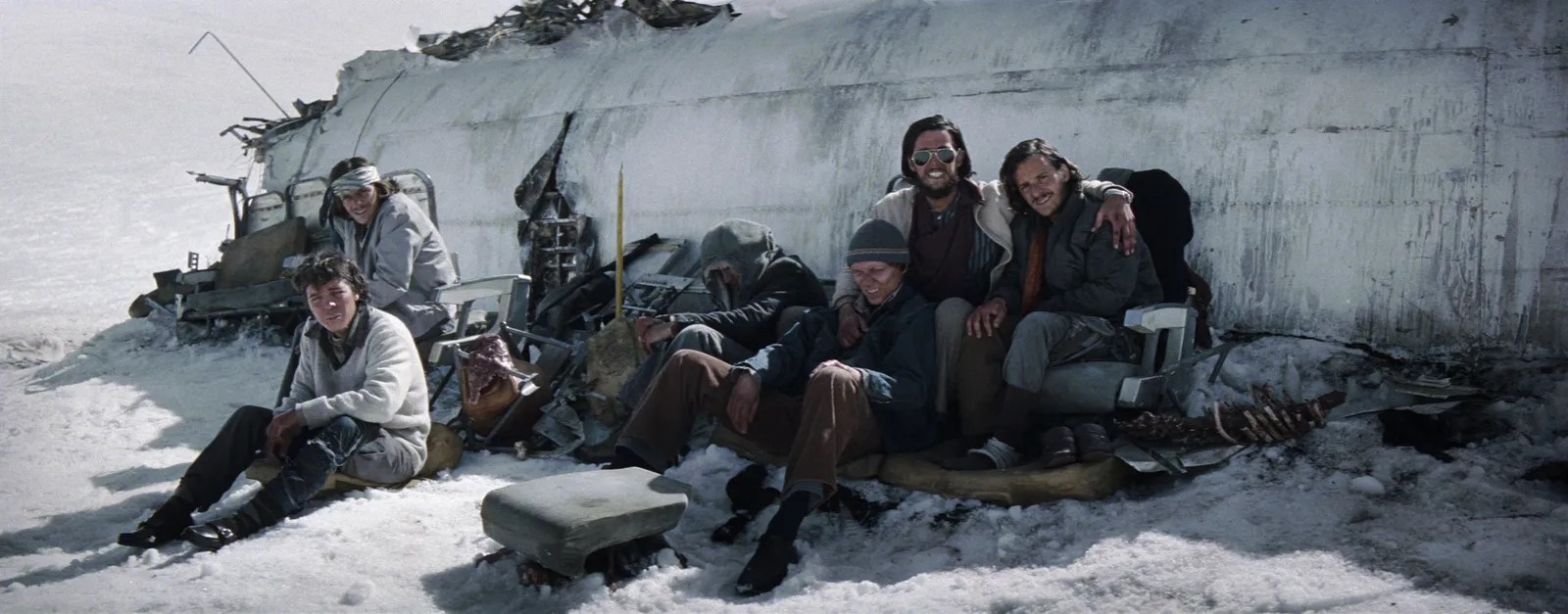


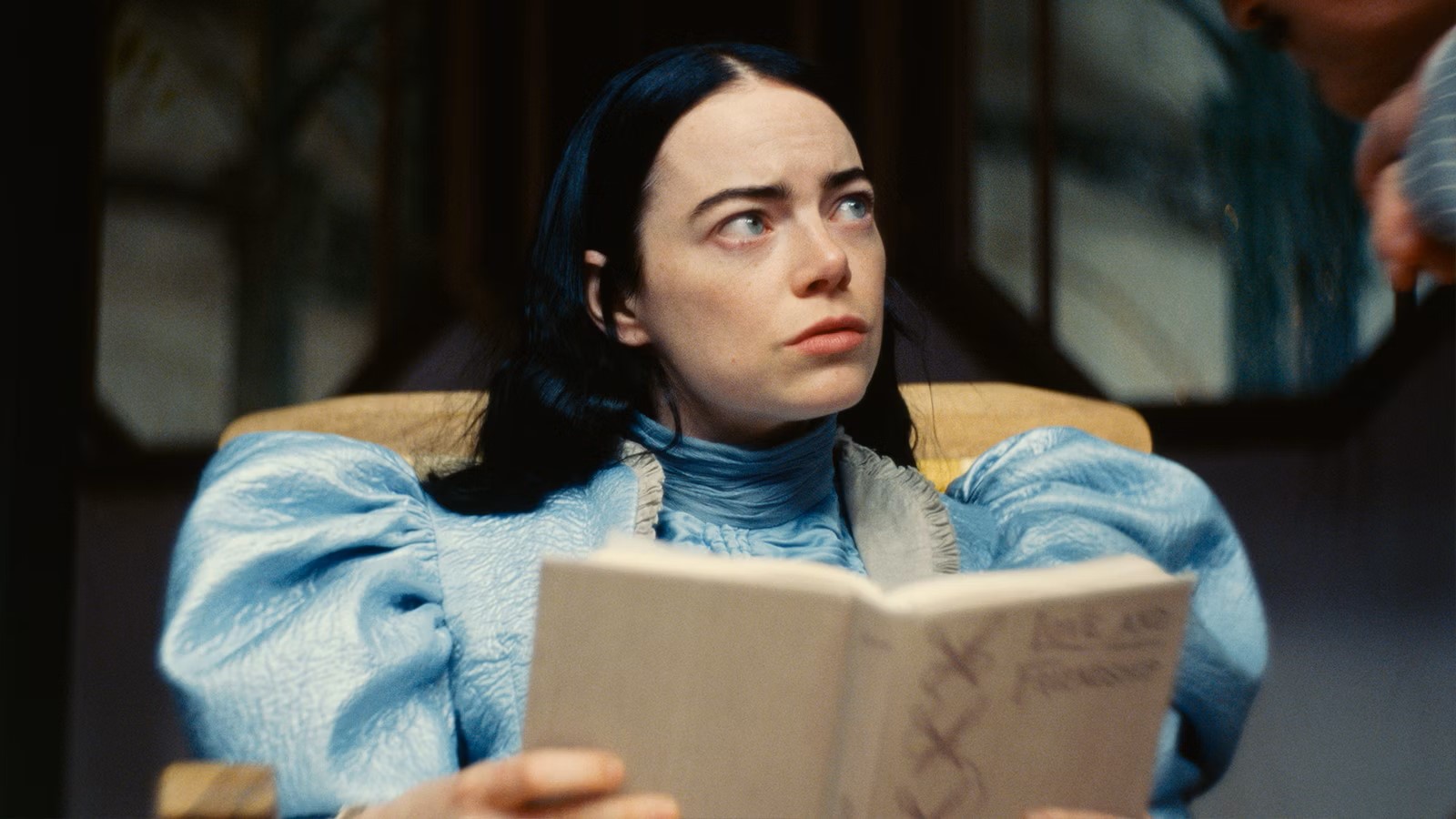
The 2024 Oscars’ Best International Film Prediction
By An Jingfu
The selection criteria for the Oscars’ Best International Feature Film: Films produced outside the United States and its territories, with a duration exceeding 40 minutes and featuring more than 50% non-English dialogue. Animation, documentaries, and narratives are allowed. Each country’s submitted film must have premiered in its country of origin no earlier than January 1, 2023, and no later than November 30, 2023. It must have been publicly screened in commercial cinemas for at least seven consecutive days, with both the producer and distributor operating for profit. Films must be advertised in a manner consistent with normal and customary theatrical releases during the eligible release period, but they do not necessarily need to be released in the United States. Any version of the film that has been publicly exhibited or released outside of a theatrical setting prior to its eligible theatrical release will not be considered for the Oscars.
Voting:
- Nominees for Best International Feature Film will be determined through two rounds of voting: An initial committee will review eligible entries and vote anonymously to produce a shortlist of fifteen films. b. The nomination committee must then review these fifteen shortlisted films and anonymously vote to determine the final five nominees in this category.
- Final voting for the Best International Feature Film award is restricted to active and lifetime Academy members who have viewed all five nominated films (attendance at screenings is required).
- The Oscar will be awarded to the film, and the director will represent the film’s creators in accepting the award. For the purposes of the Oscars, the country will be credited as the nominee. The director’s name will be listed on the plaque following the country and film title.
This year, five nominated films emerged from a pool of fifteen finalists:
- “The Zone of Interest” (United Kingdom)
- “Io Capitano” (Italy)
- “Perfect Days” (Japan)
- “Society of The Snow” (Spain)
- “The Teacher’s Lounge” (Germany)
The ten films not nominated are as follows:
- “20 Days in Mariupol” (Ukraine)
- “Amerikatsi” (Armenia)
- “Monk and Gun” (Nepal)
- “GodLand” (Iceland)
- “The Taste of Things” (France)
- “Fallen Leaves” (Finland)
- “Totem” (Mexico)
- “The Promising Land” (Denmark)
- “Four Daughters” (Tunisia)
- “The Mother of All Lies” (Morocco)
Analysis of the five nominated films:
- “The Zone of Interest” (United Kingdom) directed by Jonathan Glazer
In 2023, a peculiar film emerged on the international scene, offering a unique portrayal of Rudolf Hoss, the German commandant of the Auschwitz concentration camp during World War II, his wife Herwig, and their five children. Living in a beautiful home just a wall away from the horrors endured by Jews in the adjacent concentration camp, they blissfully ignore the sounds of gunfire, screams of torture, and the constant smoke and flames from the crematoriums. They enjoy seemingly peaceful and happy lives in the occupied territory. The family picnics by the river, Rudolf takes the children fishing, boating, reads them fairy tales, and enjoys a harmonious relationship with his wife. As Rudolf is continually promoted to oversee larger-scale Jewish massacres in concentration camps farther from home, conflicts arise between him and his wife, who refuses to leave their meticulously cultivated garden. She succeeds in keeping the family at Auschwitz, while Rudolf is promoted further away. Yet, he remains concerned about his wife and children, ensuring their undisturbed comfort.
The director, with a cold and observant eye, employs long, static shots, accompanied by haunting sounds from the concentration camp and thick smoke from the crematoriums, to document this story without judgment. The audience is left to observe the contrast between life inside and outside the wall, drawing conclusions about the insidious influence of German fascist ideology on this family, far more powerful than caricatured villainy. Additionally, the director employs modern visual and auditory techniques for commentary, such as three minutes of darkness before the film starts with heavy, noisy music, segments of negative showing Polish maids secretly leave food for Jews doing forced labor in the concentration camp, and a montage of vibrant flowers in the garden juxtaposed with the bleak reality. The film’s unique and innovative narrative approach has garnered acclaim at international film festivals, winning awards at major events and receiving nominations from the Academy of Motion Picture Arts and Sciences for Best Picture, Best Director, Best Adapted Screenplay, Best International Narrative Feature, and Best Sound. It’s estimated to win Best International Feature Film and Best Sound. Two outstanding scenes in the film are worth mentioning: 1. Rudolf taking the children boating and fishing, discovering a dead person’s bone in the water, immediately rushing the children home as if fleeing from the plague, incessantly washing their bodies. 2. Herwig’s motherly anguish upon hearing the sounds from the concentration camp, the thick smoke, and flames from the crematorium, unable to bear it any longer, and leaving without a word.
This film has garnered significant attention and is highly likely to win Best International Feature Film. However, if there are many older Academy members voting, “Io Capitano” also stands a chance.
2 Io Capitano (Italy) directed by Matteo Garrone
The film tells the story of two Senegalese teenagers under the age of 16 who dream of immigrating to Europe for a better life. They embark on a perilous journey from Senegal, facing numerous dangers and almost losing their lives multiple times. They traverse the Sahara Desert through Mali, Niger, and finally reach North Africa’s Libya (a journey of 2400 miles). There, the protagonist Seydou is forced by human traffickers (as he is under 16 and won’t be imprisoned) to operate a dilapidated motorboat filled with refugees and cross the Mediterranean Sea to reach the coast of Sicily, Italy. The film is intertwined with the modern refugee issue in Europe and evokes sympathy and indignation. Audiences witness the hardships faced by refugees, the exploitation by criminals and government forces, shedding light on the intricacies of this global crisis. The story is well-told, with successful character development of the compassionate young protagonists, excellent performances by the actors, and a heroic ending. The film aligns with the pattern of previous foreign language film award winners: simple yet poignant. The final shot focusing on the weather-beaten face of the inexperienced “captain,” who doesn’t even know how to swim, is particularly moving. Scenes of the protagonist crossing the deadly desert and being tortured by criminals are unforgettable. It has the potential to win awards.
- Perfect Days (Japan) directed by Wim Wenders (renowned German director born in 1945)
Wenders has always been fond of Zen philosophy in Japanese culture and has been an admirer of Yasujirō Ozu since 1977. In 2023, he finally made a modern Zen film, paying homage to Ozu, even borrowing the name of the protagonist from Tokyo Story. The film’s premise: the Shibuya government in Tokyo, Japan, plans to make a documentary about impeccably designed public toilets as a testament to the Zen spirit of the Japanese people—dedication, diligence, and pursuit of perfection. After observation and contemplation, Wenders discovers that those responsible for maintaining toilet cleanliness embody the Zen spirit. They work meticulously, finding joy in their tasks, living in the present moment, forgetting the past, and disregarding the future, focusing solely on the present. Despite past pains and present emotional upheavals, they remain dedicated to their work. Wenders then collaborated with a Japanese writer to craft the screenplay and developed the character of Hirayama, a janitor (portrayed by renowned Japanese actor Hiroki Hasegawa). Hirayama practices “working Zen” every day, treating each day as a perfect one, wholeheartedly devoting himself to his work, meticulous in his duties, friendly and helpful to everyone, although sometimes overwhelmed by work-related frustrations, which he quickly overcomes. He finds contentment in his daily life, reads at night, listens to music in his car, photographs tree leaves and sunlight with his camera, adores his niece who runs away from home, understands the emotional shifts of the bar’s female owner, and lets go of resentment towards his father and sister. The final close-up shot of Hirayama driving to work as usual, overwhelmed by a sudden sense of melancholy yet using the Buddhist Zen spirit to dispel it, speaks volumes about the difficulties of spiritual practice and life’s challenges. However, we know that he will quickly resume treating each day as a perfect one, immersing himself in his work, being kind to others, being one immersing in nature, and forgetting himself. From this perspective, it’s a rare contemporary Zen film set in the mundane world, embodying the spirit of Daoism and Zen, which is why it has garnered praise from European and American critics and audiences alike. Along with Clore Zhao’s “Nomadland” and Céline Song’s “Past Lives,” this film showcases the essence of Eastern culture’s Daoism and Zen spirit in modern society, opening another door to harmony and kindness.
4 Society of the Snow (Spain) directed by J. A. Bayona (born 1975)
This director is very talented, having directed many acclaimed films and won numerous awards, including “The Orphanage” (2007), “The Impossible” (2012 disaster film), “A Monster Calls” (2016), and “Jurassic World: Fallen Kingdom.” He has also worked on television, including “The Lord of the Rings: The Rings of Power.” From his experience, it’s evident that he excels at making engaging commercial films and has a mastery of cinematic elements. Once he has a strong concept and theme, he can create an outstanding film. Society of the Snow is one such vehicle. The story is about a human miracle: on October 13, 1972, a plane carrying the Uruguayan rugby team and other passengers crashed in the Andes Mountains at an altitude of 22,000 feet (6705 meters). Initially, 29 passengers survived, and 16 were eventually rescued. Rescue planes struggled to locate survivors in the vast snowy mountains and eventually gave up. The survivors endured hunger, illness, freezing temperatures, avalanches (which claimed 10 lives on the 17th day), despair, and helplessness, and eventually resorted to considering eating the bodies of deceased passengers and companions. They debated the moral implications, with some reluctantly agreeing while others staunchly refused, preferring to starve. As conditions worsened, more people acted. Some offered up the bodies of loved ones, while the captain of the rugby team, the most resolute in refusing, injured and ill, on the brink of death, told his companions they could eat him after he died, demonstrating remarkable character development. The director adeptly portrays many well-rounded and moving characters who help and sacrifice for each other. They repeatedly attempt to trek out of the mountains for help, fail, and try again. Finally, on December 12, two months later, three companions, after enduring ten days of hardship, find civilization, and 16 people are rescued. Leveraging his experience in making commercial films, the director captures the entire ordeal vividly, presenting the thrilling, disappointing, hunger-inducing, illness-ridden, pleading, and ultimately, rescuing process to the audience. Close-up shots of many characters in the film deeply resonate. A poignant moment occurs when the survivors, having been rescued, leave their camera behind in the snow, highlighting the director’s attention to detail. The film’s thrilling scenes, audio-visual impact, suspenseful design, and outstanding cinematography of the harrowing, desperate, and selfless actions of people in adversity make it stand out among disaster films.
5 Teachers’ Lounge (Germany) directed by Ilker Catack, a German of Turkish descent (born 1984)
Since winning the Art Cinema Award at the Berlin Film Festival in February 2023, this film has gained recognition in the global film industry. Though the film is small, it addresses significant issues, reflecting the love, indifference, racial discrimination, and pollution of the minds of teachers, students, and parents in the school community. Conflict arises between teachers and 7th-grade students aged 10-12 and their parents. Kind-hearted young teacher Carla Novak (played by Leonie Benesch) finds herself caught in the middle, torn and deeply embarrassed. Through her idealistic actions, the film reflects on the problems of teachers, students, parents, and society. The protagonist is exceptionally well-developed, embodying integrity and compassion. The plot unfolds with one twist after another, building tension against the protagonist. Filmed in an objective documentary style, it allows the audience to experience various dilemmas alongside the protagonist, striving to be a good teacher, with a certain tragic undertone. The film has had limited theatrical screenings. Wikipedia’s summary of the story is well done, and I translate it as follows:
The idealistic teacher Carla Novak is a young new teacher who has just transferred to the school, teaching 7th-grade students. Money is stolen from the teachers’ lounge, and other teachers urge her to identify which student is most likely responsible. Carla encourages students to remain silent if they choose. However, other teachers continue to investigate the matter, and they pressure the boys in Carla’s class to hand over their wallets for inspection. When it is discovered that a Middle Eastern student named Ali is carrying a lot of money, the teachers accuse him of theft; however, when meeting with Ali’s parents who inform the teachers that the money is Ali’s allowance and accuse the teachers of racial discrimination against Ali.
Later, after witnessing a colleague stealing money from the lounge’s savings jar, Carla decides to investigate the case of student theft herself. She secretly records her coat (containing cash) using a laptop and captures footage of a stranger wearing a printed shirt taking money from her wallet.
Carla searches the school and discovers an administrative colleague—Friederike Kuhn—wearing the same shirt as seen in the video. Kuhn is the single mother of Oscar, a smart but quiet student in Carla’s class whom Carla admires. Carla privately tries to get Kuhn to admit to and return the money, but Kuhn becomes flustered and angry at Carla’s accusations, and she kicks Carla out. Carla escalates the matter to the principal, who also fails to get Kuhn to admit to the theft. Kuhn becomes very frustrated during the interrogation and angrily leaves after being fired, while Carla is shocked by the principal’s suggestion to involve the police in the investigation and prefers to keep the matter confidential. However, when the principal points out that Carla will also be investigated for secretly recording in the teachers’ lounge, invading her colleagues’ privacy, Novak becomes uneasy.
During a parent-teacher meeting, parents express dissatisfaction with teachers questioning students, especially when their wallets are taken. As Carla tries to control the situation, Kuhn bursts into the meeting room, telling parents that Carla is accused of secretly recording and cannot be trusted. Frightened, Carla escapes to the restroom, trying to overcome her fear. Students also start spreading rumors; Oscar insists that his mother is not a thief and feels distressed about her dismissal. The students unite in support of Oscar, refusing to do homework or participate in classroom activities. Oscar later assaults a student who did not join this solidarity, then steals Carla’s laptop, using it to hit her, and flees to the nearby riverbank, tossing the computer away.
Carla understands that Oscar is trying to protect his mother, cover up for her, and opposes disciplinary action against him, but other teachers are concerned about his violent tendencies and refuse to let Oscar stay in class. The meeting is interrupted by Carla’s students, who run the school newspaper and arrange an interview. After a series of normal and innocent questions, the students suddenly start questioning Carla about the secret recordings, theft, accusations against Ali, and Kuhn’s dismissal. Carla is caught off guard, giving vague and evasive answers, and is refused the chance to review the interview before it’s printed. When the newspaper is published, Carla is surprised to find that her words have been distorted and taken out of context. This article quickly spreads and angers other teachers, who blame Carla for not being more cooperative and honest. The principal decides to ban the distribution of the newspaper and suspends Oscar from classes.
Oscar returns to the classroom regardless, and the principal threatens to expel him, which could lead to his dismissal. Unable to convince Kuhn to take her son, Carla persuades the other students to leave with another teacher, leaving herself alone with Oscar. Oscar quickly solves the Rubik’s Cube Carla had given him earlier, and in the end, he calmly and solemnly is carried out of the school by the police like a victorious hero.